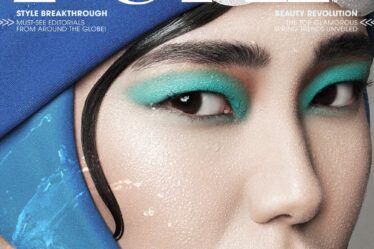
Literally every dermatologist (EVER), has always suggested that I add a retinol to my skincare routine. From my days battling breakouts and blackheads in my high school years to every appointment since then when I’ve asked what I can do about smile lines or uneven skin tone — the answer is always retinol. To understand more about it and share what we’ve learned with you, we’re detailing more below!
What Is Retinol?
For those of you who might be living under a rock or just haven’t opened TikTok ever… Retinol a.k.a. retinoids are vitamin A derivatives – a common topical treatment that can be applied for a variety of skin conditions.
What Do Retinols Do for Your Skin?
From reducing wrinkles and fine lines to improving your skin’s texture and tone to fading acne blemishes, promoting cell turnover and protecting your skin from free radical damage.
As an extremely powerful antioxidant, they have gained so much popularity thanks to their effectiveness and promotion of cell turnover and are marketed as both over-the-counter and prescription-strength alternatives.
Are Retinoids for Everyone?
However, while it is something that seems to be suggested by dermatologists, users should tread lightly because it only takes a small amount of this powerful active ingredient to have an impact.
While retinol is fairly straightforward, but too much of this product can cause sensitive or irritated skin that can lead to dryness, peeling, redness, and sensitivity to sun exposure.
Retinol for Sensitive Skin
Whether you’re looking into over-the-counter options or you have been prescribed a treatment by your dermatologist, with the latest technology everyone (even those with sensitive skin) can find retinol products that work best for your skin type.
In addition to following a prescribed method, other tips like diluting your retinol with your face cream, applying it only once every few days, or applying it as the last step to your skincare routine can help cut down on irritation if you have sensitive skin.
*As with any skincare routine, if you are considering using retinol or similar alternatives, it is important to talk to your doctor to determine if it is right for you and your skin type. Retinol is not safe for everyone, and it can interact with certain medications. Speaking to your doctor or dermatologist should be your first step to help you choose the right strength retinol product for your skin type and can help you manage any side effects you may experience.



